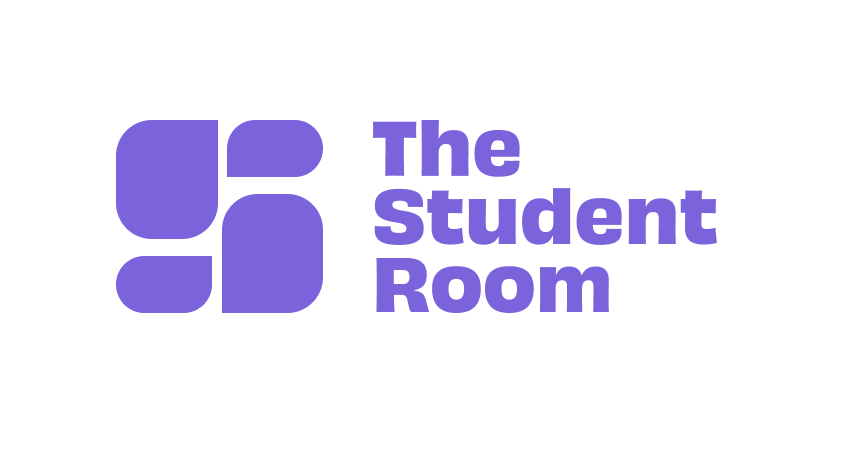Sense of belonging - live panel
Assets from the webinar held on 20 September 2022
Panelists from University of Leicester, University of Liverpool and The Student Room
Hosted by Victoria Littler (Senior Account Director)
Check out our student sentiment decks for more on what makes students tick:
Sense of belonging
View the webinar recording with questions to our panel including What does the concept of belonging mean to students, How do you see the current cost of living crisis impacting the desire to belong for students? and How do you avoid looking performative or inauthentic in providing ways to support students' sense of belonging?
Panel discussions included:
- Belonging is about students being who they authentically are, not about changing to ‘fit in’ - think about how you might foster belonging rather than 'fitting in'
- Building life skills is so valuable – it can be alienating for students if they feel like they don’t have basic practical skills that are also the keys to social doors e.g. confidence in the kitchen etc
- Cost of Living – inextricably linked to belonging – as the crisis deepens, will we see a corresponding increase in loneliness?
- Address the stigma of loneliness - most students will have periods of feeling unsettled at university, and seeing those they perceive as ‘succeeding’ socially can intensify their feeling of social failure.
- Students are experts on being a student. Learn from the experiences of students at every opportunity throughout their university journey and let your solutions be genuinely led by them

Watch the webinar recording:
Panel: Victoria Littler (TSR), Elliot Newstead (Uni of Leicester), Jonny Atkinson (Uni of Liverpool) and Mhairi Underwood (TSR)
Big gestures have a place, but more often lots of seemingly small things combine to create it:
- From the first impression, does it seem you care about the individual as a whole person? How do you come across at open day, interview, the prospectus. Are enrolment forms welcoming and friendly?
- Make it clear there are people who will care about me and help me solve problems. Communicate early information about the student wellbeing service. Who do I turn to, How do I contact them, When and Where are they accessible?
- Ideally make sure someone (like a personal tutor) will take a particular interest in each student, keep an eye on their progress, wellbeing, attendance, participation in university life, and meet with them 1:1 reasonably regularly.
- Consult and involve students when planning and promoting any gestures, particularly from typically under-served groups. That’s the best way to make they are genuinely relevant and authentic
Geoff Rickson, Samaritans Volunteer, Step By Step service
Reports and resources referenced in the webinar:
- Wonkhe and Pearson - Belonging and inclusion survey
- Wonkhe - 101 ways to get the cost of living down for students
- UPP Foundation Student Futures Commission - Turbocharging the Future
- Blackbullion - Student Money and Wellbeing 2022 report
- TSR Asks - Cost of living survey summary (Sept 2022)
- The Student Room - student sentiment monthly updates
Student mental health resources
Provided by
Student Minds is the UK’s student mental health charity. Students can find psychoeducational content and support on managing the uncertainties of university life, along with a support directory and student stories at www.studentspace.org.uk
Student Minds also offers:
- Psychoeducational content and support for students on managing the uncertainties of university life, along with a support directory and student stories
- Mental health training for students and university staff
- Research and insights on student mental health
- Improvement programmes, such as the University Mental Health Charter and Student Minds Students' Unions
- Fundraising opportunities and corporate partnerships
Samaritans has launched The Positive Student Planner, the first wellbeing journal specially designed for students, in collaboration with journalling brand The Positive Planner.
Developed alongside students and student mental health expert Dr Dominique Thompson, it’s designed to help students explore thoughts and feelings as well as tackle things like independent living, budgeting, meeting new people and balancing work and fun.
Universities, colleges and schools can bulk buy it for their students here (£12 per unit, minimum order 10). Individual students, or their families, can buy it here
Sales will help Samaritans continue to be there 24/7 for anyone struggling to cope.
Other sources of information and support
These organisations also offer mental health and well-being support:
- Papyrus - Prevention of young suicide - Hopeline 0800 068 4141, Text 07860 039967, forum, wellbeing apps
- Mind - Support for mental health problems - helpline for mental health signposting (Mon-Fri - excl bank holidays, 9am-6pm) 0300 123 3393, support and services page
- Beat - Support for people with eating disorders - support if you have an eating disorder, training for university staff, supporting others, information about eating disorders



